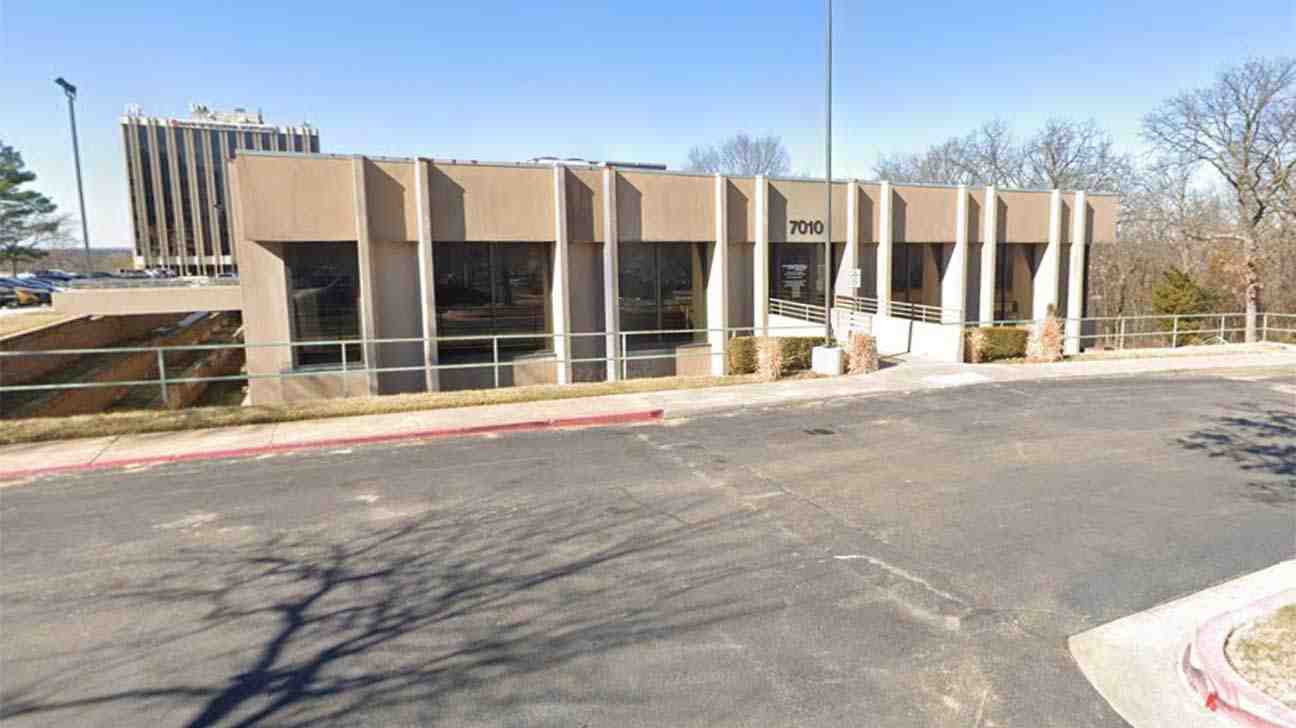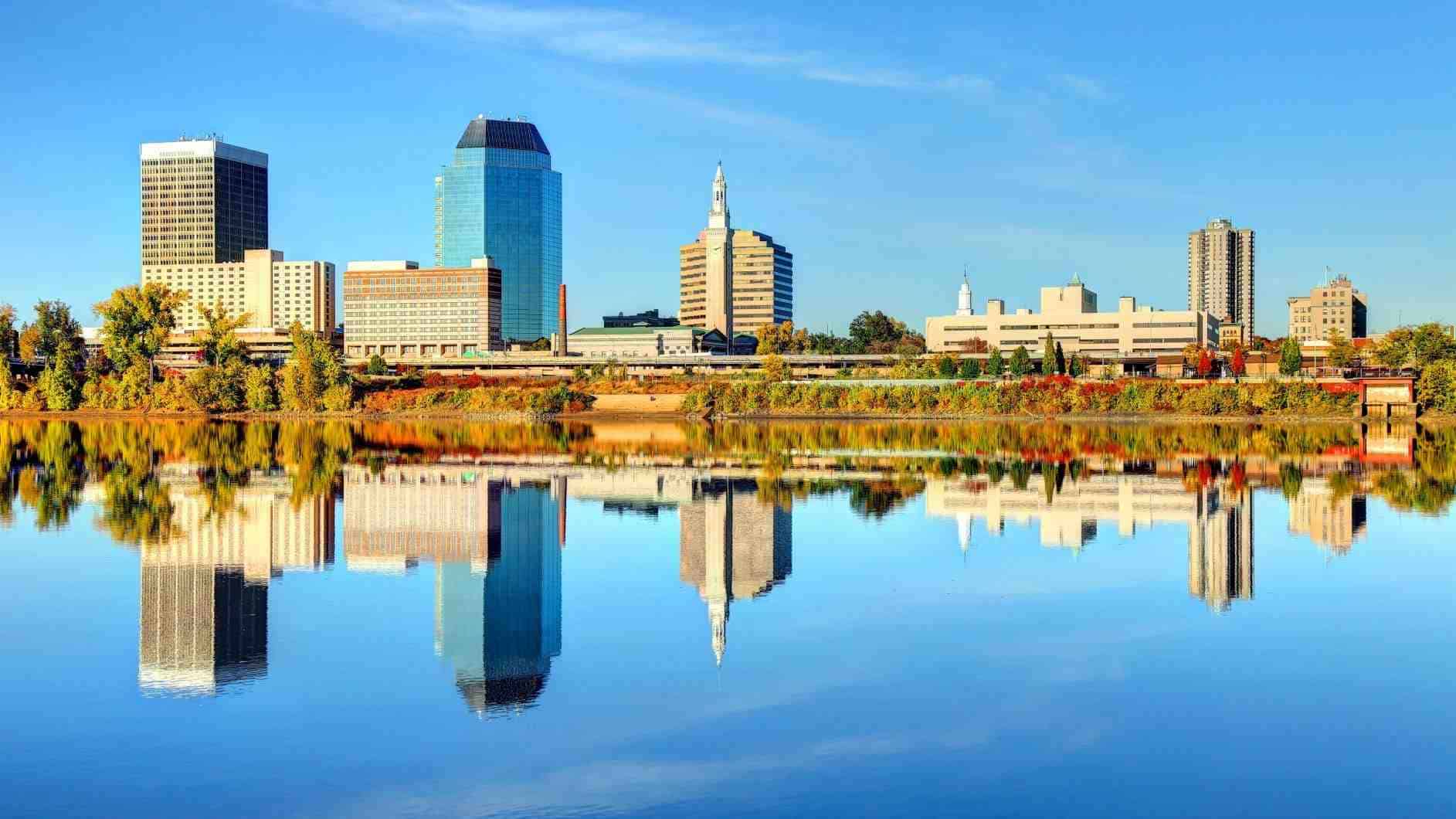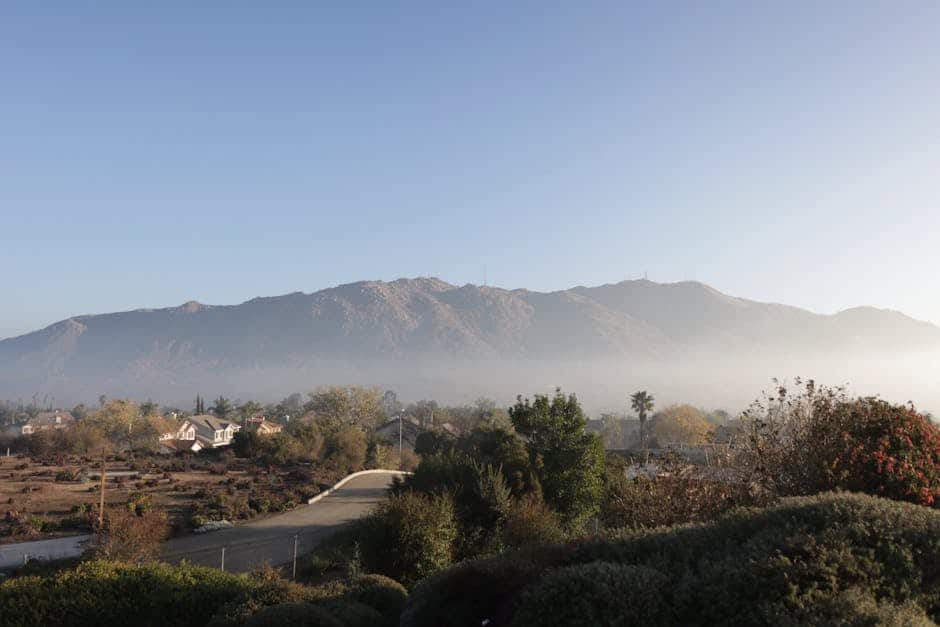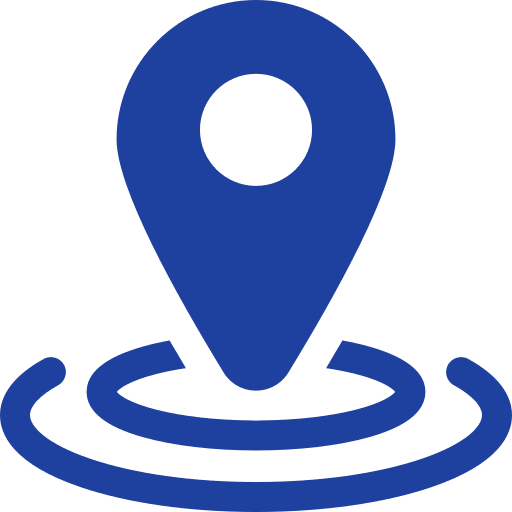
Why Access to Free Addiction Treatment Matters in Tulsa
Free rehab Tulsa is available through multiple pathways including state-funded programs, faith-based residential centers, and non-profit community health organizations that ensure no one is turned away due to inability to pay.
Quick Access to Free Rehab in Tulsa:
- Counseling and Recovery Services of Oklahoma (CRSOK) – (918) 492-2554 – Provides services regardless of ability to pay
- The Salvation Army Adult Rehabilitation Centers – Generally provided without charge once eligibility is determined
- H.O.W. Foundation – (918) 252-5739 – No-cost residential recovery program for men
- Resonance Center for Women – (918) 587-3888 – Uses state program funds and donations to subsidize women’s treatment
- Family and Children’s Services – (918) 587-9471 – Accepts insurance but no one turned away for inability to pay
- Human Skills and Resources, Inc. – (918) 747-6377 – Funded through Oklahoma DMHSAS, refuses no one based on inability to pay
The cost of addiction treatment can be a major barrier. Without insurance, residential treatment in Tulsa can exceed $16,000 for three months, a figure that feels impossible for those already devastated by substance abuse.
However, Tulsa offers numerous free or low-cost rehab options. These programs exist because of government funding, non-profit missions, and faith-based organizations dedicated to helping anyone who needs treatment—regardless of their financial situation. State and federal funding, alongside non-profit and faith-based models, ensure that you can get help even if you have no money.
At Addiction Helpline America, we guide individuals and families through the options for free rehab Tulsa to find effective treatment. Finding the right program can be overwhelming, and we’re here to help you steer the process.

Quick look at Free rehab Tulsa:
Understanding How “Free Rehab” is Possible in Tulsa
Wondering how “free rehab” is possible? A strong support network makes free rehab Tulsa accessible through several funding streams.
State and federal funding are the cornerstones. The Oklahoma Department of Mental Health and Substance Abuse Services (ODMHSAS) provides crucial funding to facilities like Human Skills and Resources, Inc., enabling their “turn no one away” policy. Additionally, federal SAMHSA grants help treatment centers offer services at no cost or on sliding fee scales based on what you can afford.
Non-profit and faith-based organizations are also vital. Non-profits like Resonance Center for Women and Family and Children’s Services use community donations and state funds to cover the cost of care. Faith-based missions like The Salvation Army’s Adult Rehabilitation Centers offer long-term residential programs without charge, often using a work-therapy model that helps rebuild structure and purpose.
For many Tulsa residents, government health insurance is the key. If you qualify for Medicaid (called SoonerCare in Oklahoma) or Medicare, facilities like Parkside Psychiatric Hospital and Clinic can provide services at no cost to you.
These funding sources work together to provide essential services—medical detox, counseling, and therapy—without you having to pay out of pocket. The help is there, funded by a community that has already invested in your recovery. For more comprehensive information on treatment approaches, you can explore more info about addiction treatment.
Top Resources for Free Rehab in Tulsa
Tulsa has a strong network of organizations providing free addiction treatment. We’ve organized these resources to help you find the right fit, whether you need outpatient services, a residential program, or specialized care.

State-Funded & Community Health Centers
These government-funded centers are the backbone of accessible care in Tulsa, operating with a “no one turned away” policy for financial reasons.
- Counseling and Recovery Services of Oklahoma (CRSOK) is a leader in trauma-informed care through the Sanctuary Model and also offers job training and housing assistance.
- Family and Children’s Services (FCSOK) is a Certified Community Behavioral Health Clinic providing comprehensive care. They accept insurance but refuse no one for inability to pay.
- Human Skill and Resources, Inc. is funded by ODMHSAS. This CARF-accredited center offers intensive outpatient programs and MAT for opioid use disorders, refusing no one based on finances.
- Parkside Psychiatric Hospital and Clinic provides free psychiatric and chemical dependency treatment for those eligible for Medicare or Medicaid.
- Indian Healthcare Resource Center of Tulsa offers culturally sensitive substance abuse treatment to the Indian community at no cost.
- Youthcare of Oklahoma serves all ages on a sliding fee scale and accepts Medicaid, ensuring no client is turned away for inability to pay.
These centers provide various levels of care, giving you options to find what works best. If you need help exploring what’s available, you can Find a drug rehab near you.
Faith-Based & No-Cost Residential Programs
For those needing to step away from their daily environment, these no-cost residential programs combine spiritual guidance with recovery work.
- H.O.W. Foundation offers a no-cost, six-month minimum residential program for men. It’s a physically demanding, Twelve-Step program built on manual labor, community service, and powerful peer support from staff who are all program graduates.
- The Salvation Army Adult Rehabilitation Centers provide 180-day residential work-therapy programs, generally without charge and without requiring insurance. The program integrates spiritual, emotional, and physical healing through structured support.
These free rehab Tulsa programs follow a work-therapy model where your contribution becomes part of your healing. If this approach resonates with you, you can Learn more about faith-based recovery.
Specialized Free Rehab in Tulsa for Specific Groups
Addiction treatment isn’t one-size-fits-all. Tulsa offers specialized programs for specific populations to address their unique challenges.
- For Women: Resonance Center for Women offers gender-specific, trauma-informed care subsidized by donations and state funds. Palmer Continuum of Care Inc – Tulsa Women and Childrens Center allows mothers to bring their children under 12 into residential treatment, removing a major barrier to care.
- For Veterans: The U.S. Department of Veterans Affairs provides addiction treatment at no cost to eligible veterans through its Oklahoma clinics. Monarch Inc also offers special programs and payment assistance for military families.
- For Adolescents: Youthcare of Oklahoma and Tulsa Boys Home provide specialized services for young people, using sliding fee scales and payment assistance to ensure access to care.
- For LGBTQ+ Individuals: Some Tulsa centers offer LGBTQ-friendly services with trauma-informed care. PFLAG Oklahoma City is a valuable resource for finding affirming crisis hotlines and counseling providers that serve Tulsa residents.
How to Qualify and Enroll in Free Treatment
Taking the first step is brave. This guide clarifies the qualification and enrollment process for free rehab Tulsa to ease the anxiety of reaching out for help.

Proving Eligibility for Free Rehab in Tulsa
Accessing free treatment requires demonstrating financial need. Facilities need to understand your situation to help.
- Medicaid and Medicare: These are often your most direct route. If you qualify for SoonerCare (Oklahoma’s Medicaid) or Medicare, many Tulsa facilities will cover your treatment completely. You can check your eligibility through the Oklahoma Health Care Authority.
- Financial Hardship: If you don’t have insurance, you’ll need to provide proof of income (or lack thereof) with documents like pay stubs, tax returns, or a letter explaining unemployment. This helps centers with sliding scales or “no one turned away” policies determine your eligibility.
- Residency and Insurance Status: Most state-funded programs require proof of Oklahoma residency (e.g., a utility bill or driver’s license). Many programs are specifically designed to fill the gap for those who lack private insurance.
- Specific Program Criteria: Some facilities have their own requirements. For example, The Salvation Army has age and work-capability criteria, while the H.O.W. Foundation serves men exclusively. Always check a program’s specific requirements to ensure it’s a good fit.
The Step-by-Step Enrollment Process
Once you know the requirements, the enrollment process is straightforward.
- Initial Contact: The first step is a phone call. An intake coordinator will conduct a brief screening to see if their program fits your needs.
- Provide Documentation: Be ready with your paperwork: proof of income, residency, medical records, and any insurance information. Having these documents ready speeds up the process.
- Steer Waitlists: Free services are in high demand, so waitlists are common. Don’t be discouraged. Contact multiple facilities to increase your chances of getting a spot sooner.
- Schedule Your Intake Appointment: Once accepted, you’ll have an intake appointment to complete paperwork, meet with staff, and develop your personalized treatment plan.
- Know What to Bring: The facility will provide a list of what to bring. Typically, this includes comfortable clothing, personal hygiene items, and prescribed medications in their original bottles. Leave valuables, electronics, and all non-prescribed substances at home.
What to Expect: Services and Effectiveness
A common question is whether free rehab offers the same quality of care as paid facilities. The answer is yes—many free programs in Tulsa provide comprehensive, evidence-based treatment. The main differences are in amenities and wait times, not core therapeutic quality.
Core Services Offered at Tulsa’s Free Centers
Free rehabs focus resources on what matters: building a foundation for recovery. Here are the core services you can expect.
- Medical Detoxification: This is often the first step. While not all free centers offer on-site detox, they will connect you to one of Tulsa’s many detox facilities for safe, medically supervised withdrawal, often using medication-assisted treatment (MAT).
- Inpatient and Outpatient Care: Tulsa offers both. Residential programs like the H.O.W. Foundation provide a live-in, structured environment. Outpatient programs at centers like CRSOK allow you to live at home while attending therapy, including Intensive Outpatient Programs (IOPs).
- Counseling and Therapy: Treatment includes individual counseling to address root causes and group therapy for powerful peer support. Programs use evidence-based approaches like Cognitive Behavioral Therapy (CBT) and Dialectical Behavior Therapy (DBT) to change thought patterns and build coping skills.
- Medication-Assisted Treatment (MAT): For opioid and alcohol addiction, facilities like Human Skill and Resources, Inc. combine therapy with medications that reduce cravings and withdrawal symptoms.
- Aftercare and Support: Recovery is a lifelong journey. Programs include aftercare planning to prevent relapse and often provide comprehensive support like housing and employment assistance. To understand more about the breadth of treatment options available, you can Learn about top alcohol rehab centers.
Free vs. Paid Rehab: A Realistic Comparison
The myth that free treatment is inferior can prevent people from seeking help. Here’s a realistic comparison.
| Factor | Free Rehab | Paid Rehab |
|---|---|---|
| Cost | Generally no cost to the client, or based on a sliding scale according to income. Funded by government, non-profits, or faith-based donations. | Can range from thousands to tens of thousands of dollars per month, depending on the level of care (outpatient averages $2,445/month, residential $5,214/month without insurance in Tulsa). Often covered by private insurance. |
| Wait Times | May have longer waitlists due to high demand and limited funding/capacity. | Typically shorter wait times, with immediate admission possible in some cases. |
| Amenities | Focus on essential therapeutic services. Basic accommodations in residential settings. Less emphasis on luxury. | Can offer a wide range of amenities, from private rooms, gourmet meals, and spa services to recreational activities and executive facilities. |
| Core Treatment Quality | Many are accredited (CARF, Joint Commission) and use evidence-based practices (CBT, DBT, MAT, trauma-informed care). Staff are often highly experienced and dedicated. | Also accredited and use evidence-based practices. Quality is often high, with potentially more specialized or niche treatment options. |
| Staff-to-Patient Ratio | Can vary; some smaller, faith-based programs may have more personalized attention, while larger centers might have higher ratios. Staff often include alumni (e.g., H.O.W. Foundation). | Generally aim for lower staff-to-patient ratios, allowing for more individualized attention and a broader range of specialists. |
| Program Length | Can range from short-term detox to long-term residential (e.g., 6 months to 1 year). Often determined by clinical need rather than arbitrary durations. | Flexible program lengths, from 30-day to 90-day, or extended care. Also often determined by clinical need, but can be influenced by insurance coverage. |
The most effective treatment is the one that fits your needs. A person committed to recovery in a free program has a better chance of success than someone unmotivated in a luxury facility. The dedication of staff and your own commitment matter far more than the price tag.
Frequently Asked Questions about Free Rehab in Tulsa
Here are answers to common questions we hear about free rehab Tulsa options.
What if I don’t qualify for free rehab in Tulsa?
If you don’t qualify for completely free care, you still have options. Many Tulsa facilities offer sliding scale fees based on your income or payment assistance plans. You can also seek non-profit scholarships from local charities. For immediate help finding resources, call Oklahoma 211. While you search, harm reduction services can provide naloxone and clean supplies to keep you safe. Don’t forget to expand your search to nearby communities, as more options may be available.
Are free rehab centers as effective as paid ones?
Yes, effectiveness is not determined by cost. Many free rehab Tulsa centers are accredited (e.g., CARF) and use the same evidence-based practices (CBT, DBT, MAT) as paid facilities. The staff are often incredibly dedicated, with some programs, like the H.O.W. Foundation, staffed entirely by program alumni. Your motivation and the program fit are the most important factors for success.
How long do free rehab programs in Tulsa last?
Program length varies based on individual need. Medical detox is typically short, around 3-7 days. Outpatient programs can last for several weeks or months. Residential programs are longer, with some like The H.O.W. Foundation and The Salvation Army offering 6-month programs, and others extending to a year or more. The duration is custom to give you the best chance at lasting recovery.
Take the First Step Towards Recovery Today
Searching for help takes courage, especially when cost is a concern. Remember: free rehab Tulsa is a reality that has helped countless people reclaim their lives.
Tulsa has a robust network of support, from state-funded centers to faith-based programs. These are not lesser options; many are accredited, use evidence-based methods, and are staffed by people with deep empathy and experience.
Recovery doesn’t wait for the perfect moment or the perfect bank account. It starts when you decide you’re worth fighting for. And you are.
The hardest part is making the first call. At Addiction Helpline America, we offer personalized, confidential guidance to connect you with the right program for your specific needs—whether it’s detox, residential care, or outpatient support.
You don’t have to do this alone or let cost be a barrier. The resources are here. Take the first step.
Find personalized and confidential help for addiction in Tulsa and start your recovery journey today. We’re here, and we’re ready to help.
Our helpline is 100%
free & confidential
If you or someone you care about is struggling with drug or alcohol addiction, we can help you explore your recovery options. Don’t face this challenge alone—seek support from us.
Programs
Resources
Will my insurance
cover addiction
treatment?
We're ready to help
Find the best
drug or alcohol treatment
center
Are you or a loved one struggling with addiction? Call today to speak to a treatment expert.












